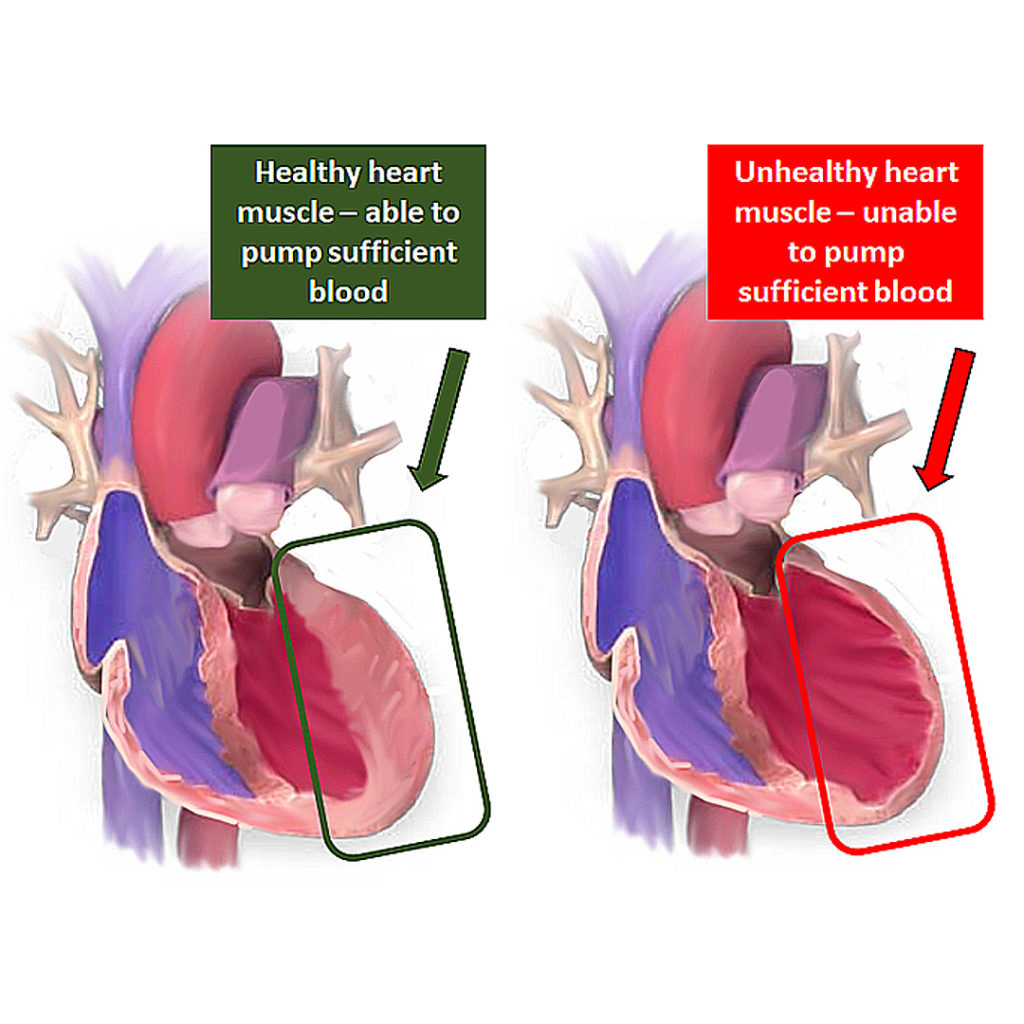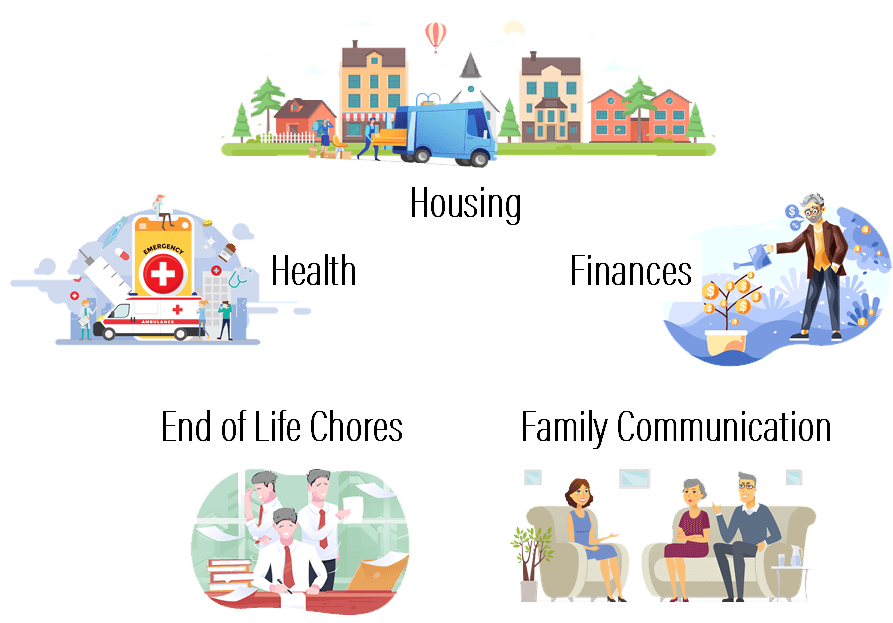Congestive Heart Failure
Click here to see what's on this page.
Heart failure occurs when weakened heart muscles are unable to pump enough blood through the body. Healthy heart muscles pump blood throughout the body. Unhealthy heart muscles lose that ability. Think about it this way. If you try and lift a fifty-pound package and can’t, the package can’t get to where it needs to go. That’s what happens to your blood when the heart muscles weaken.

What Happens When Somepne Has Heart Failure
There are a number of things that happen to a person with heart failure. For example:
Symptoms of Heart Failure
Heart failure can also occur on either side of the heart. Consequently, depending on where the failure is, left or right, the sufferer can have different symptoms.
For example, right-side heart failure can have these symptoms:
Left-side heart failure, for example, can have these symptoms:
Treatment For Heart Failure
Unfortunately, heart failure does not have a cure. However, there are lots of treatments that help sufferers live longer, more active lives with fewer symptoms. Treatments also vary depending on the type of heart failure diagnosed. But treatments do fall into the following categories: lifestyle changes, diet changes, and medical treatments.
Lifestyle Changes
Lifestyle changes involve changing certain behaviors that have negative effects on your heart. These include:
Diet
Diet changes involve changing certain things you eat and drink that have negative effects on your heart. For example:
Medical Interventions
Medical interventions are also used for a variety of types of heart failure. They include, for example, drugs, devices, and surgeries.
Medicines
Left-sided heart failure
Right-side heart failure.
Medical Devices/Surgeries
Surgeries
There are also numerous heart surgeries available to patients with general Cardiovascular Disease. See the section here for information.
CarePlanIt’s Approach
CarePlanIt classifies every issue into one of five key areas: health, housing, finances, end-of-life chores & family communication. Once done, the CarePlanIt framework allows you to create an optimized process of addressing the challenge. You minimize your family’s time and costs while maximizing your chance at reaching an ideal solution. Although all five categories work together, it’s important to make an initial categorization.

Heart failure is a “Health” issue that is evaluated by the chronic effects of the disease. Whereas you might get better or return to full functionality after a stroke or heart attack, congestive heart failure is permanent. CarePlanIt’s classification of health issues can help you better understand the impact of heart disease on your life. In short, both chronic and temporary effects of heart disease need to be managed properly or devastating complications can arise. The senior, their spouse, and the entire family need to understand these implications. Depending on the severity of the condition, staying at home may be challenging, even impossible.
We can also help you navigate issues relating to the need for assisted living or nursing care. Review our Sections on Health and Housing.
Quick Ideas
To prevent the disease
> Keep moving, exercising and stretching
> Don’t smoke or vape
> Maintain a healthy weight
> Eat healthily
> Treat and stay on top of any other diseases you have (high blood pressures, high cholesterol, etc.)
To treat:
> The above lifestyle changes can help
> Medication like Benazepril (Lotensin), Captopril (Capoten), Enalapril (Vasotec), Fosinopril (Monopril), Lisinopril (Prinivil, Zestril), Moexipril (Univasc), Perindopril (Aceon), Quinapril (Accupril)
Additional Resources On Congestive Heart Failure
A great article on heart failure from the CDC is here.
We can also help you navigate issues relating to the need for assisted living or nursing care. Review our Sections on Health and Housing.